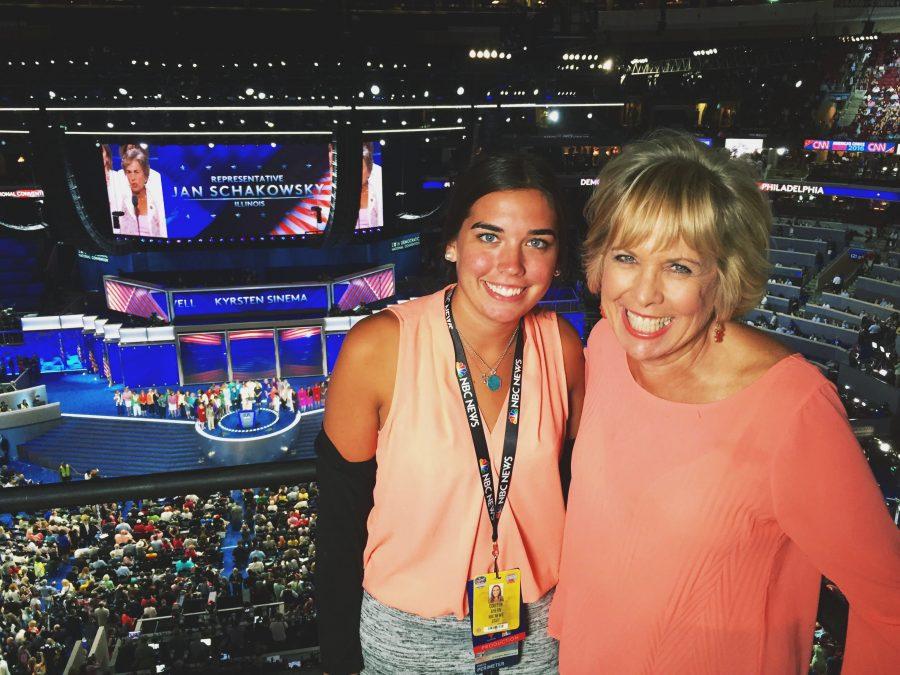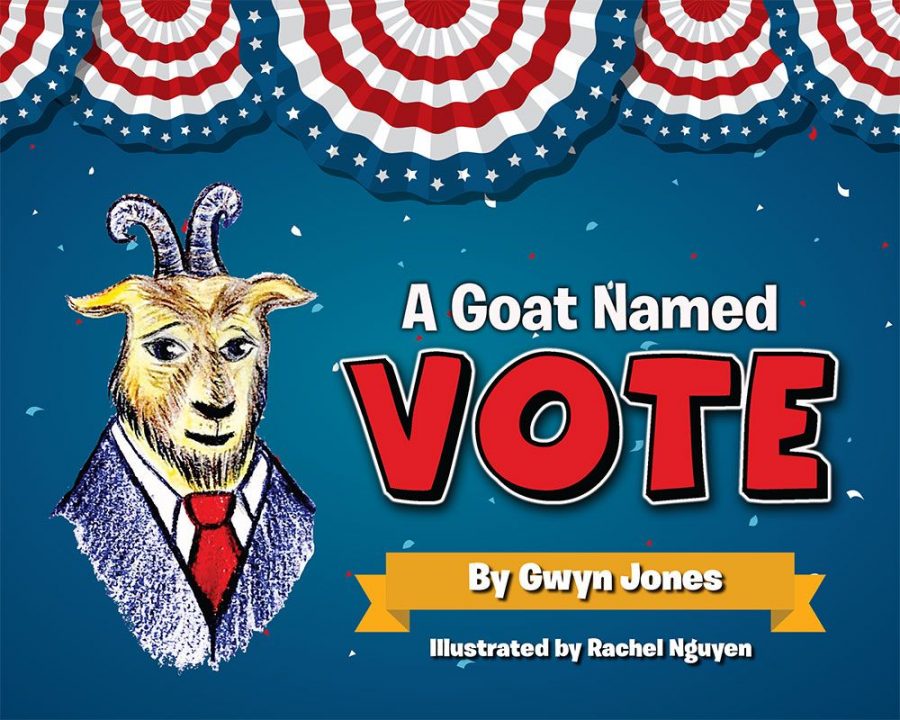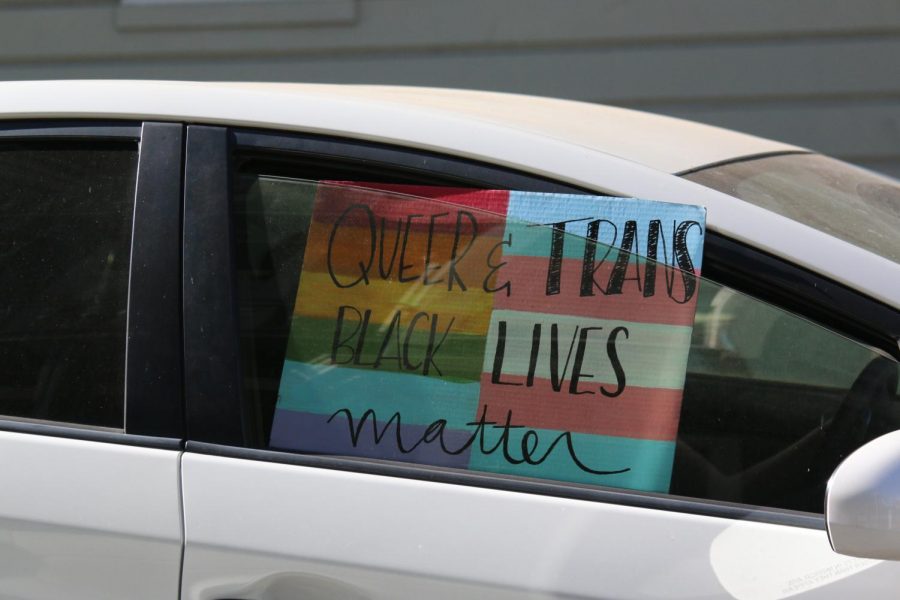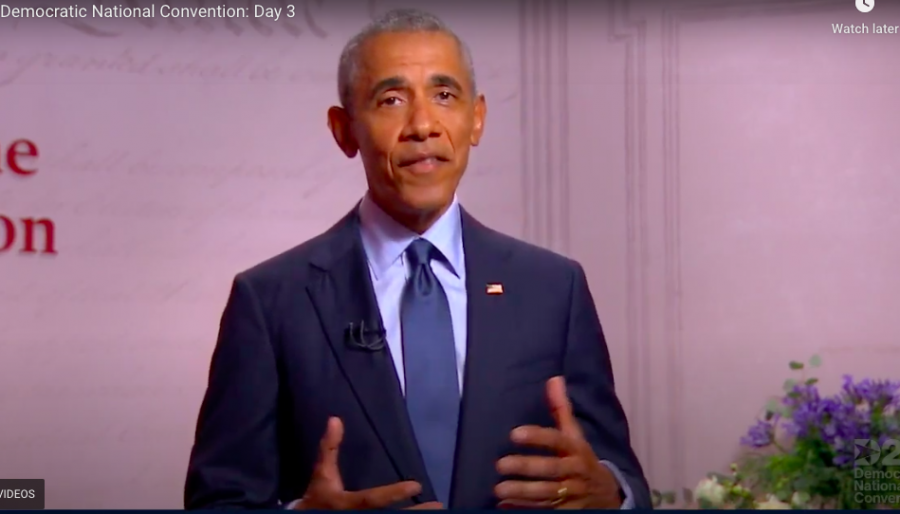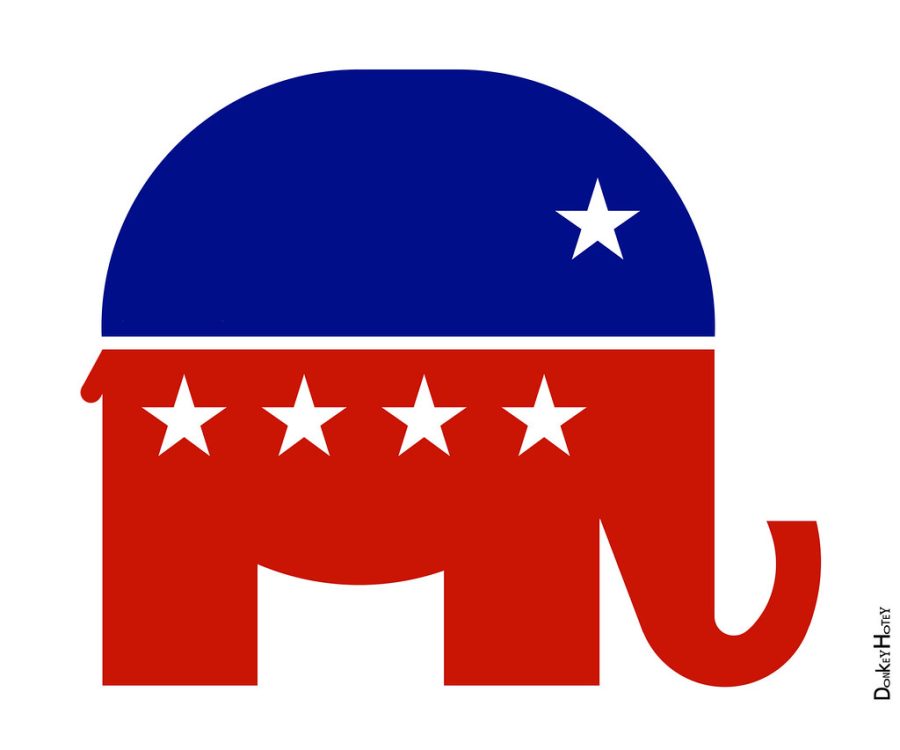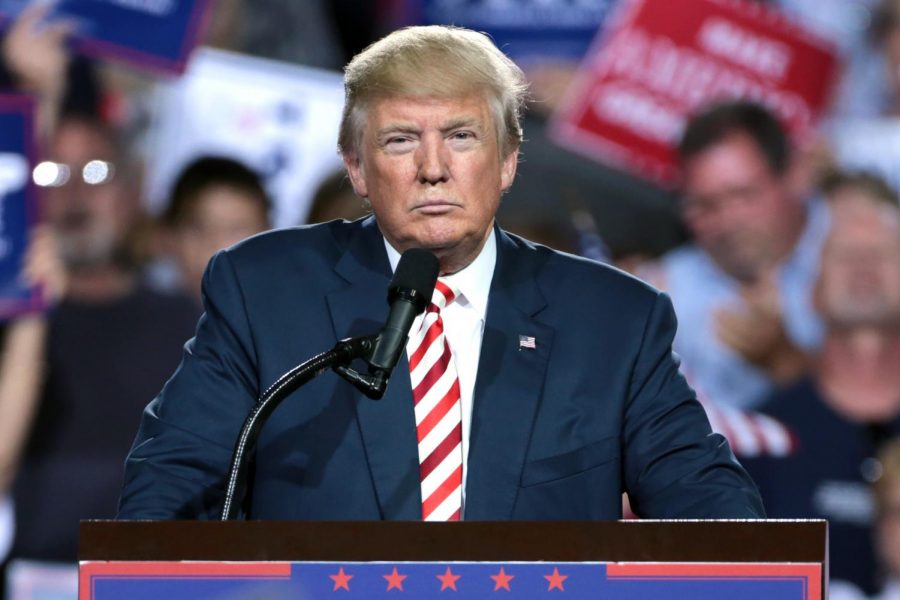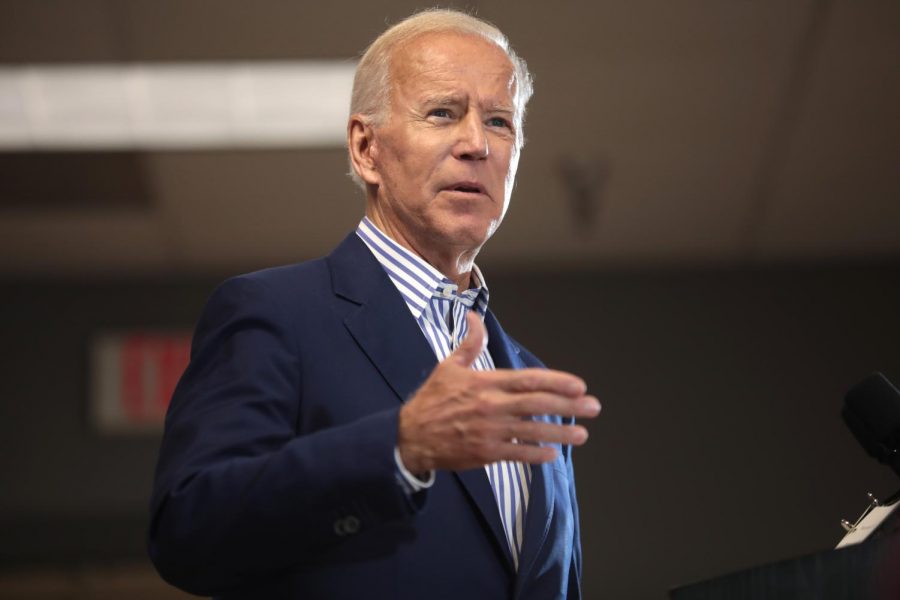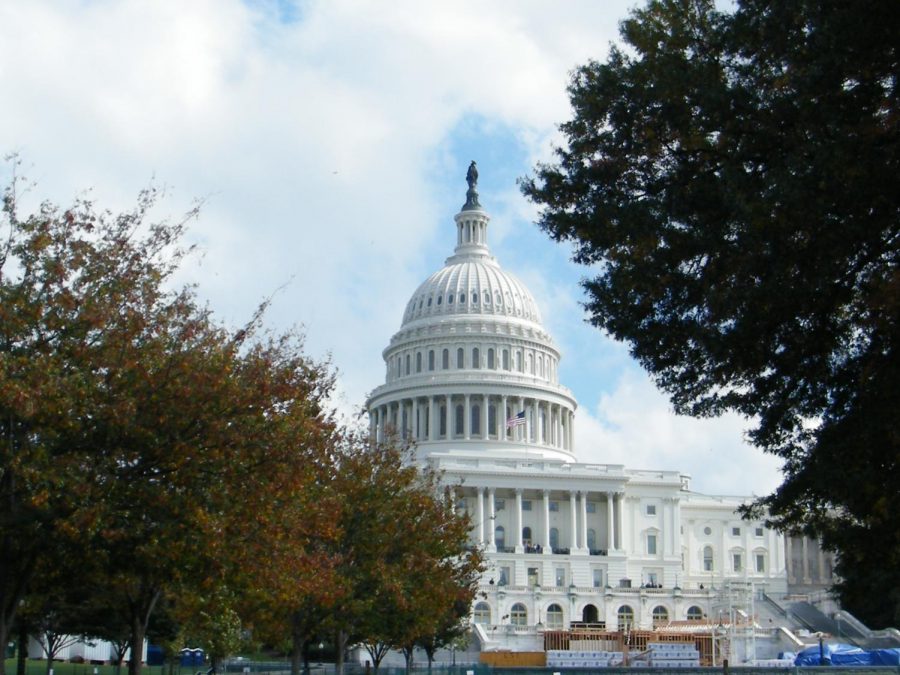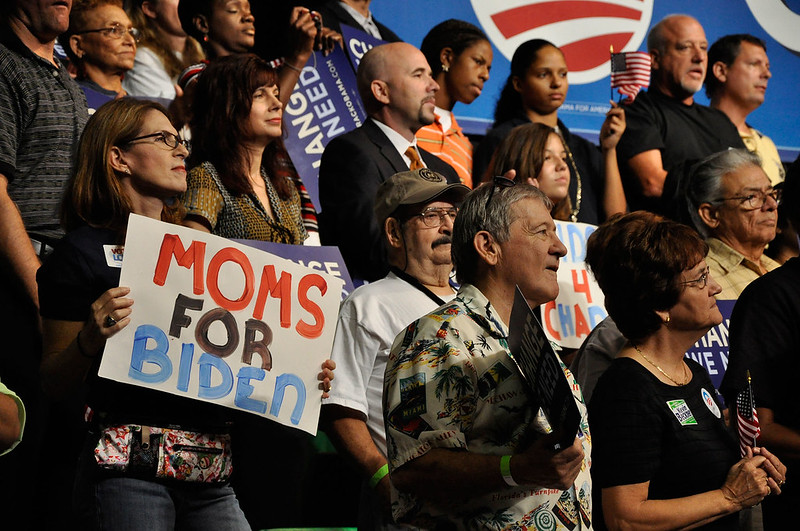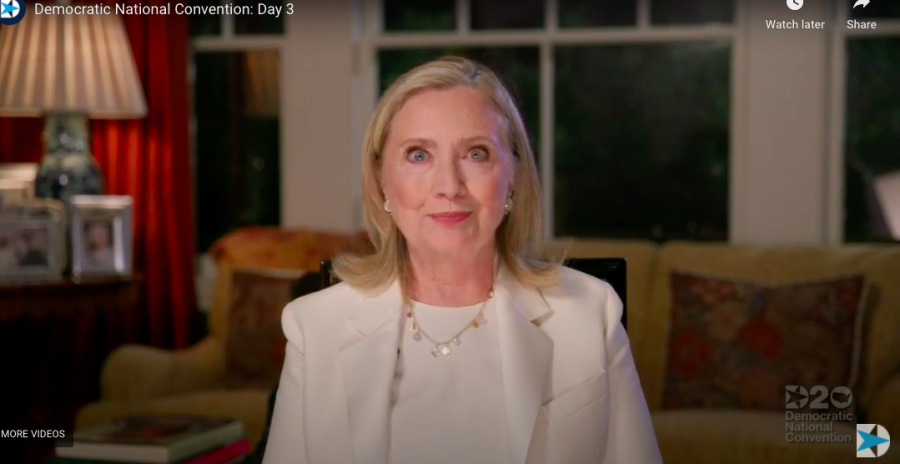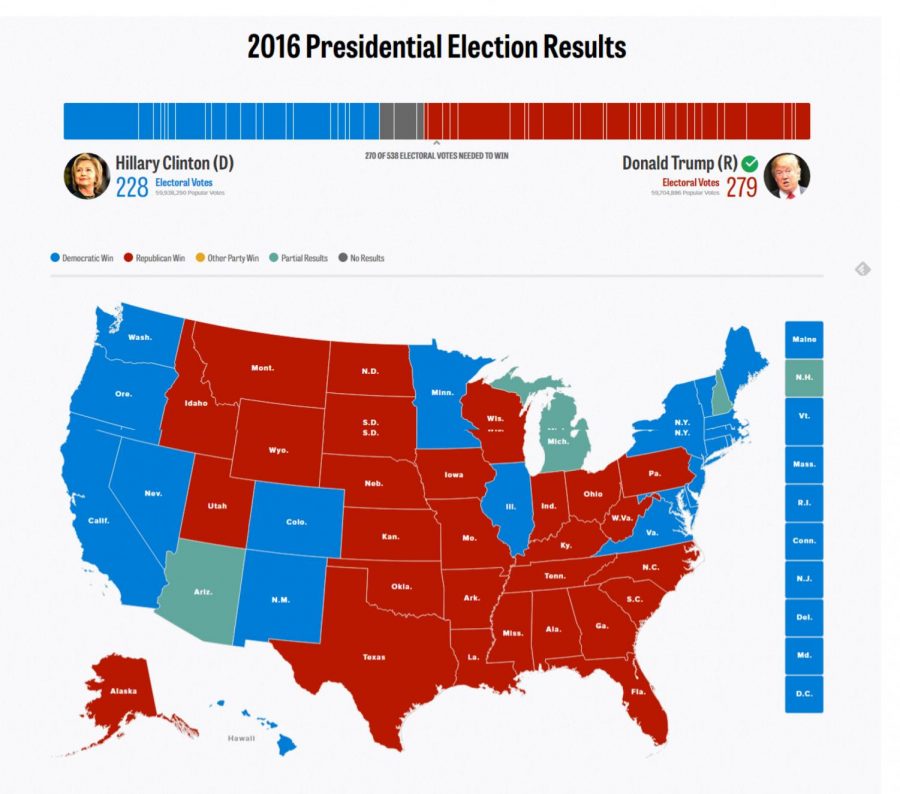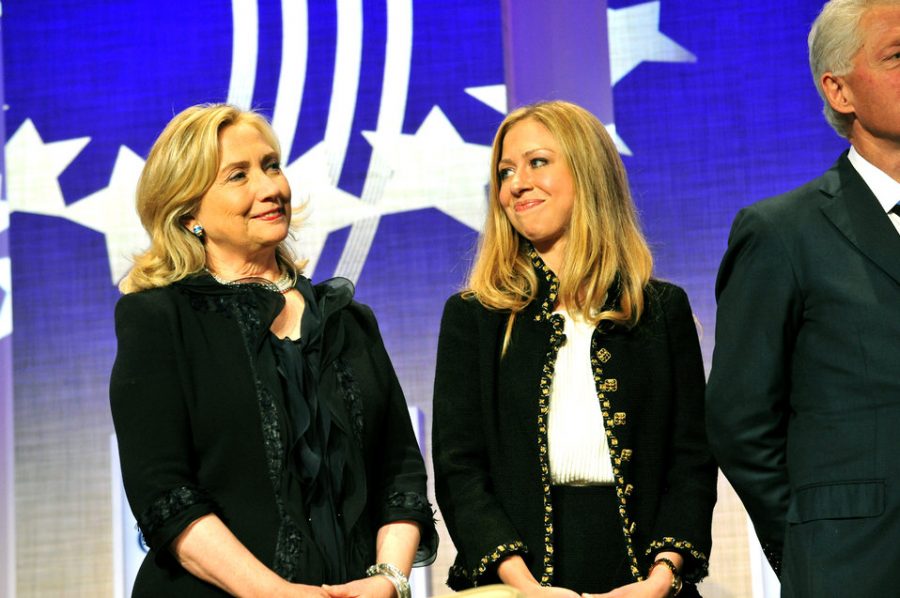In an increasingly global world, the outcome of this presidential election will impact more than just the United States — which may be why so many people are talking about it.
The conversation expanded last month when NAFSA: Association of International Educators released an unprecedented statement urging the next president to consider embracing policies that make the country more globally aware and engaged. It was signed by 32 people, including university presidents and scholars from across the United States.
The statement is something Karli Webster, associate director and manager of study abroad at Marquette’s Office of International Education, said is rooted in concern about both the past and future status of the U.S.
“What I’ve heard from international students and our international partners is they just want to make sure that whoever is elected president really understands the history there — why our country is involved in certain things, and maybe why that should continue or why that should not continue,” Webster said.
The unease about the election and its potential global effects have increased conversation among abroad students and foreign university partners, Webster said. There are currently 104 Marquette students studying abroad this semester, according to OIE.
One of them is Lisa Durrant, a junior in the College of Nursing and study abroad student at Saint Louis University in Madrid. She said it is difficult to speak about the presidential election while abroad.
“It’s very hard not to be embarrassed to be an American right now,” Durrant said. “The stereotypical picture of being an American in Europe is very obnoxious and very disrespectful and uneducated.”
Durrant said she was not sure she was going to vote until she came across an article showing how students abroad have the ability to impact the outcome of the election.
“There’s something like 8 million students abroad right now, and if people abroad voted we could confirm that Donald Trump would not be president,” Durrant said.
In an effort to educate students on voting while abroad, OIE sent an email to study abroad students with an infographic depicting the steps to attaining an absentee ballot. It first directed students to learn about their state’s out-of-country voting policies through the Federal Voting Assistance Programs website. This was then followed by directions on how to register, request and fill out a ballot.
Alexa Eng, a junior in the College of Nursing and study abroad student at Saint Louis University-Madrid, said the absentee voting process was fairly simple. She explained how SLU-Madrid designated a day where students can register and vote.
“I filled out the form and they were like, ‘OK, we’re going to send this in for you, you’re not going to have to pay for postage because we’re going to send it through a diplomatic pouch,” Eng said. “Then they’ll mail the absentee ballot to me, and I’ll fill it out.”
In working with the students, Webster found that they value civic engagement.
“I think a lot of study abroad students do realize the value of voting and hopefully learning about the candidates to make an informed vote,” Webster said.
Colleen Ahern
Junior in the College of Arts & Sciences
John Cabot University: Rome, Italy
In Rome, Colleen Ahern said she found it difficult to keep up with news about the presidential election, which was many miles and several hours away.
“It’s hard to stay in-the-know of everything,” Ahern said. Being seven hours ahead of the U.S., Ahern quickly realized the debate schedule was not aligned with hers – the last debate aired at 3 a.m.
Ahern was engaged in the election prior to going abroad. Before leaving for Italy, she attended the Democratic National Convention.
“I’m pretty confident in saying that before I went abroad, I definitely was feeling one way or another about the election,” Ahern said.
Being in Italy and talking about the presidential race with people abroad strengthened her opinion, Ahern said.
“They always want to talk to us about (the election), or wonder what we’re thinking and how can we be going through with this election with the two candidates,” Ahern said. “They basically think it’s wild – it’s like a circus.”
She was surprised by the varying opinions about the candidates. In speaking with a fellow student at John Cabot University, who is from Sweden and supports Bernie Sanders, she encountered the difference in political ideology.
“He compared Trump to, like, being a fascist leader,” she said.
Regardless of differing opinions, or how U.S. students abroad feel about the election, Ahern said voting is important.
She registered to vote in her home county, Cook County, Illinois, before leaving for Rome, but also said that her university in Italy made the process easy through a day devoted to voter registration and voting.
“It’s an easy process,” Ahern said. “It’s not an excuse to not vote.”
Michael Wert
Associate professor of history
Currently in Japan on sabbatical
“Coverage of the election on TV news happens (in Japan) when there’s big news, such as when the infamous Trump tape was released, or after the debates,” Michael Wert said in an email.
Wert, who’s been on sabbatical since July, said news coverage does not mean that people in Japan are knowledgeable about the U.S. presidential candidates. He said most Japanese people he knows do not know there are third party candidates.
“I would say that people don’t really understand Trump,” Wert said. “Trump was never a reality TV star in Japan, his ‘Celebrity Apprentice’ only showed on cable TV and only a couple of later seasons.”
There is a concern about how the future president will affect markets in Japan.
“Any time there’s even a hint of Trump win, the markets dip,” Wert said.
On the other hand, a Clinton win would be a win for the Japanese status quo, he said.
“Clinton has gotten along with the conservative party in power in Japan,” he said. “For example, when it comes to issues like keeping U.S. military bases in Okinawa. So the establishment politicians in Japan like her, as does the public at large.”
While Wert did not mention how he personally viewed the candidates, he did apply for his absentee ballot. He said a cause for concern was attaining a witness signature from another U.S. citizen on his Wisconsin absentee ballot. Other U.S. states do not require a witness signature.
“It took me a while to meet up with another American that I knew who could sign for me,” Wert said. “Can you imagine if you were trying to absentee vote in a country where there are not a lot of Americans around?”
Tamara Isaac
Junior in the College of Arts & Sciences
Indian international student
Since coming to Marquette more than two years ago, Tamara Isaac said she’s been startled to learn about how her peers view the presidential election.
“You’d think that America would be more open,” Isaac said. “From the people I know it looks like the other way around, because I deal with a lot of people that are more conservative in the state, which isn’t a bad thing.”
Isaac is an international student originally from India. She said her friends and family in India view the election differently.
“People think it’s crazy that Trump’s even up there, just because he doesn’t have the right background and he’s obviously very offensive,” Isaac said. “Mostly just things against him – I haven’t heard much about Hillary.”
Isaac said the people she knows from India garner information from online national news sources, which she said her friends read to educate themselves on U.S. politics.
“I’m talking about my friend group in India versus my friend group here, but I’d say yeah, they do read more and do know more about (the election),” she said.
“It’s just so crazy,” she said. “I don’t think it’s ever been like this — this kind of election, that it is. Like, it’s not as professional as you would think.”
The attention on the U.S. presidential election, however, has inspired Isaac to look into politics in India, where she can vote.
“I do think I will pay more attention to what’s going on to know more, just to be aware.”

